Understanding who to see for the care you need
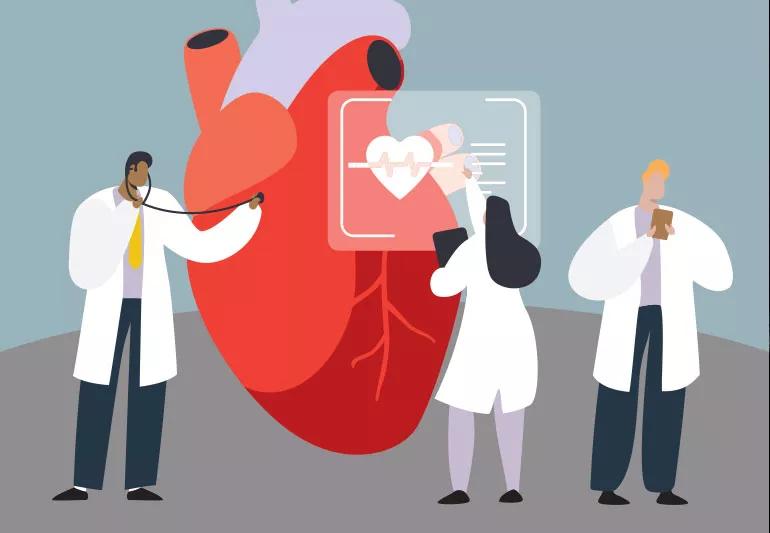
Heart disease is so common that it’s on the radar of every primary care physician. When a patient develops a cardiovascular risk factor, or a known risk factor worsens, most physicians take immediate action to prescribe medications or lifestyle interventions designed to prevent cardiovascular disease from developing or progressing.
Cleveland Clinic is a non-profit academic medical center. Advertising on our site helps support our mission. We do not endorse non-Cleveland Clinic products or services. Policy
“Most primary care physicians do a very good job of managing common risk factors, such as hypertension, high cholesterol and metabolic syndrome,” says cardiologist Leslie Cho, MD.
But there are times when an opinion from a cardiologist is warranted — for example, when heart disease is diagnosed, or risk is excessive.
“When patients start having atrial fibrillation, valve disease or coronary artery disease, they should see a specialist at least once,” says Dr. Cho.
Most physicians will quickly refer any patient who might benefit from seeing a specialist. But it’s also perfectly acceptable to seek an opinion on your own.
“If you aren’t getting satisfactory answers from your primary care physician, or you are worried about your health, a cardiologist can provide the answers you seek and put your mind at ease,” she says.
Training in the various medical and surgical subspecialties of cardiovascular care is standardized nationwide.
Cardiologists complete four years of medical school, followed by three years of residency in internal medicine before serving three or four years in a cardiology fellowship. One or two years of additional training may follow if they choose a subspecialty such as interventional cardiology, electrophysiology, heart failure or imaging. Some cardiologists do interventional procedures such as stenting, but they do not perform surgery.
After medical school, cardiac surgeons traditionally complete a five-year residency in general surgery, followed by two to three years of cardiothoracic (heart and lung) surgery fellowship. Some programs now offer four years of general surgery plus three years of cardiothoracic surgery. Other programs combine general and cardiac surgery into a single six-year program. The subspecialty of heart transplantation requires one additional year of training.
Extensive education and hands-on experience enable these specialists to become familiar with evidence-based best practices for diagnosing and treating various forms of heart disease and individualizing care.
“Education doesn’t stop after formal training is completed,” says Dr. Cho. “Medical knowledge changes so fast that education must continue for life.”
By adding the appropriate cardiovascular specialist(s) to your care team, you can have confidence everything possible is being done to protect your heart health. You may need only an occasional visit to the specialist. With some diseases like heart failure, however, the specialist may take over your care.
Rest assured that your heart team will communicate regularly with the primary care physician coordinating your overall healthcare.
“Having heart disease does not exempt you from developing other medical problems that may need attention. That’s why you should continue seeing your primary care physician unless instructed otherwise,” says Dr. Cho.
Here is a quick look at 10 different types of heart specialists and what they do:
This article originally appeared in Cleveland Clinic Heart Advisor.
Learn more about our editorial process.
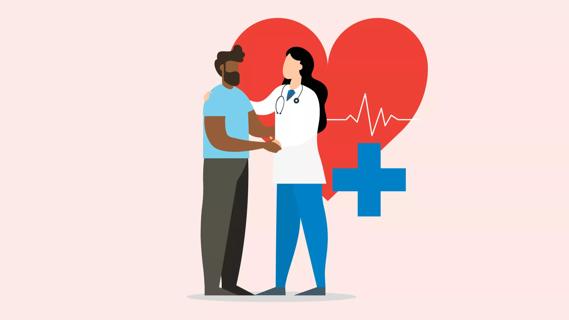
Having underweight, having overweight and having obesity can be dangerous for your heart

Your natural estrogen levels support a healthy heart by improving your cholesterol, increasing blood flow and reducing free radicals

Knowing what you can do to prevent or manage heart disease is half the battle

When nutritious foods are hard to come by, your health can suffer
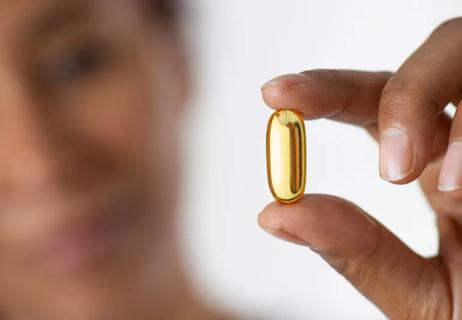
Research shows that high doses of vitamin D do nothing to lower your cardiovascular risk
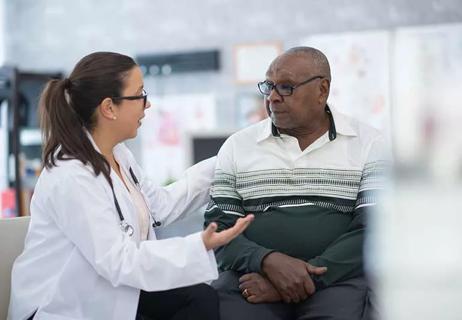
It’s important to watch for and guard against conditions like heart disease and cancer
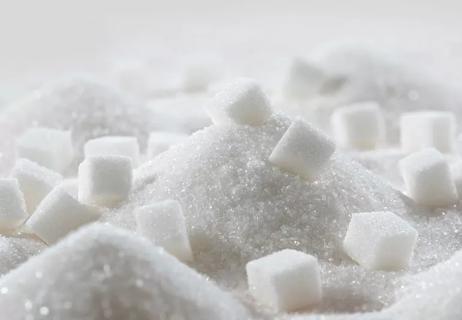
Updated food label guidelines make it easier to track added sugars in your diet

They’ve been altered to include fats, starches, sugars and hydrogenated oils

Your metabolism may torch 1,300 to 2,000 calories daily with no activity

A gentle touch in all the right places may help drain your sinuses